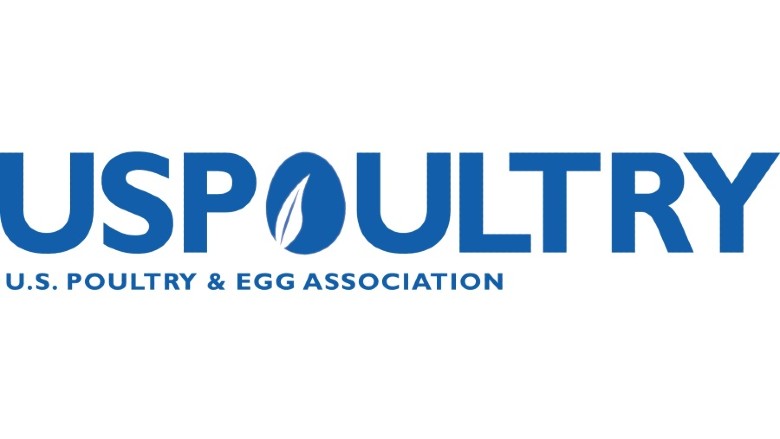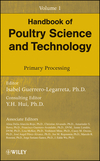USPOULTRY accepting preproposals on infectious coryza disease in the commercial layer industry
Infectious coryza leads to drastic drops in egg production.

USPOULTRY and the USPOULTRY Foundation are accepting research preproposals from colleges, universities and research facilities through Nov. 1, addressing infectious coryza disease in the commercial layer industry. Infectious coryza, caused by Avibacterium paragallinarum (AP), is an upper respiratory disease leading to drastic drops in egg production. This disease has been traditionally viewed as a warm-weather disease with limited geographical areas primarily in the U.S. South and California. However, over the past five years, this disease has emerged in several geographic locations, challenging the layer industry.
The chronic carrier status that AP produces in infected flocks makes it challenging to control and eradicate the disease in multiage layer complexes, which leads to major economic losses. Currently available real-time quantitative polymerase chain reaction (qPCR), which is the main confirmatory diagnostic test for this disease, has shown a large percentage of false positives in normal flocks that have no history of previous exposure. Additionally, very little is known about pathogenicity and immunogenicity factors of this disease, which leads to inaccurate diagnoses.
The goal of this initiative is to develop and validate new diagnostic tools that will accurately detect infection, conduct research to understand the pathogenicity of AP and develop better treatment and vaccination tools for combating this disease.
Visit the USPOULTRY website for complete instructions to submit a preproposal.
Source: U.S. Poultry & Egg Association
Looking for a reprint of this article?
From high-res PDFs to custom plaques, order your copy today!





